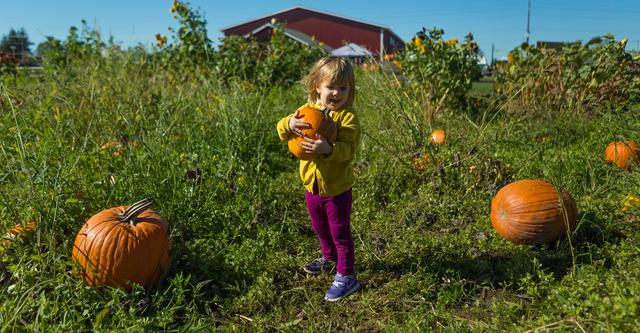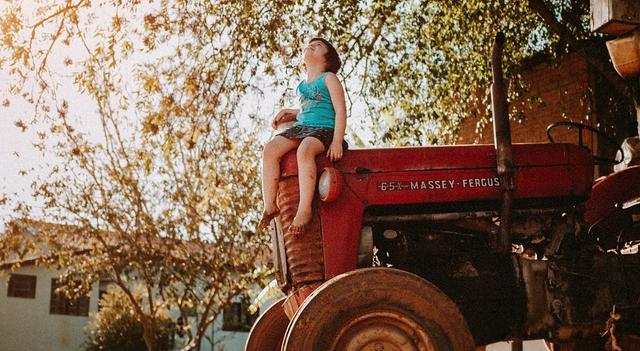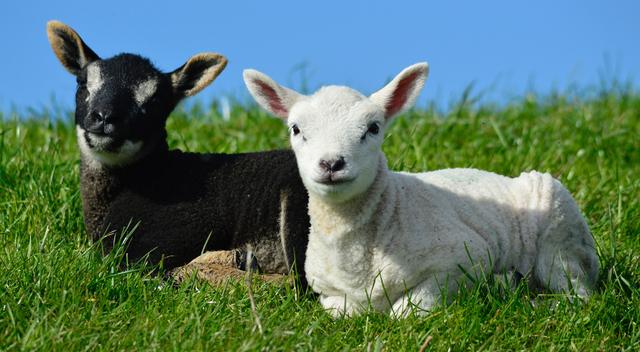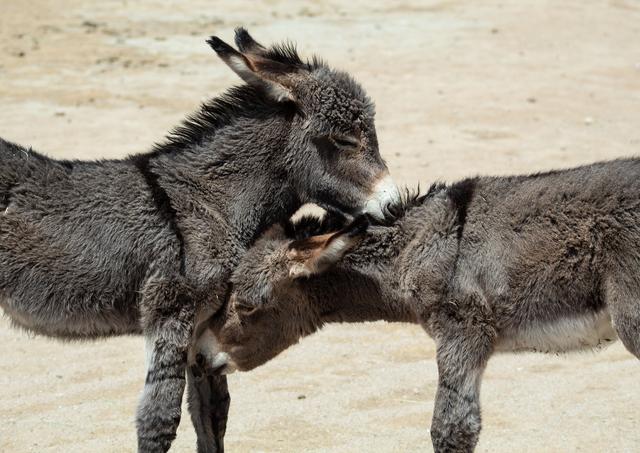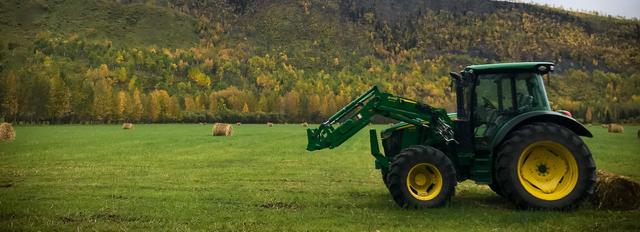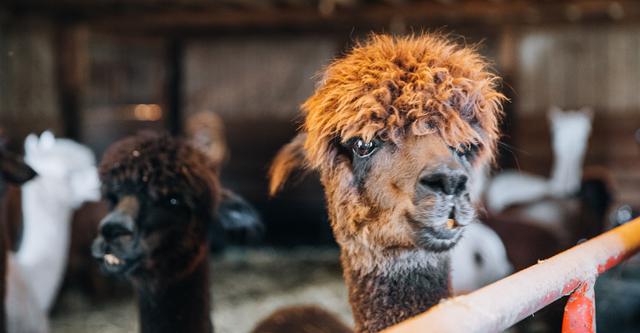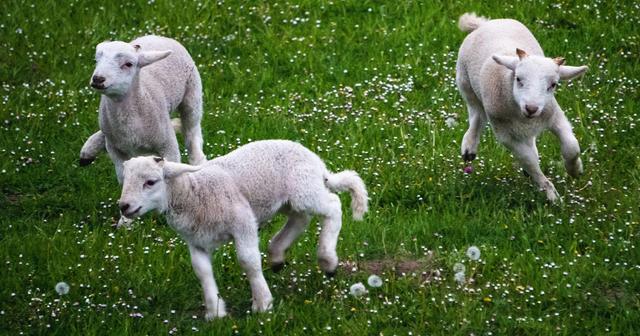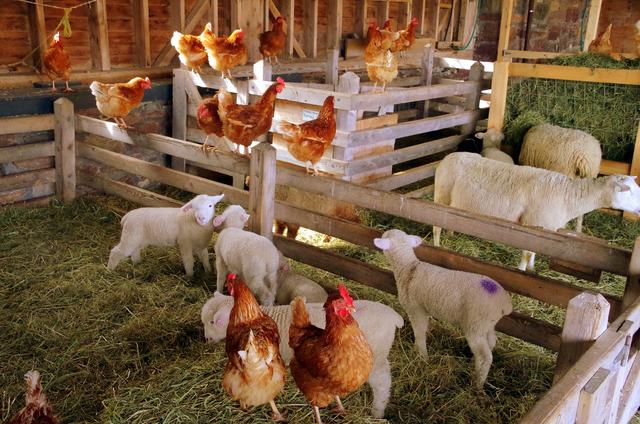Farms Articles
Farms For Kids In The UK
Farms for kids, also referred to as educational or children's farms, play a pivotal role in connecting youth with agriculture and the natural environment in the UK. These establishments are not merely places for leisure but serve as crucial educational platforms where children can engage directly with farming practices and rural lifestyles. Across the UK, many farms tailored towards children's educational experiences are set in picturesque rural landscapes, providing an appealing and engaging backdrop for learning.
These farms typically offer a mix of activities that enable children to understand and participate in farming and environmental conservation. From feeding livestock to planting seeds and harvesting crops, these activities are designed to provide a real and tactile approach to learning about where food comes from and how it is produced. By engaging in these practices, children can gain a greater appreciation and understanding of the natural world and the critical role they can play in its stewardship.
With a rich heritage in the UK, children's farms have evolved into well-organised educational centres that cater to schools and family groups, aiming to impart knowledge about agriculture and rural life in an enjoyable and informative manner. Whether located near bustling cities or set in remote rural areas, these farms offer a vital link between urban populations and the origins of their food, portraying farming careers as both viable and essential.
From a practical standpoint, the vast array of activities available at these farms ensures that all visitors, regardless of their prior exposure to agricultural settings, can find something educational and enjoyable to participate in. The hands-on nature of the activities not only helps to solidify learning outcomes but also enhances children's physical skills and their ability to cooperate and work within a team.
In sum, farms for kids in the UK provide a holistic and interactive environment that fosters learning, curiosity, and a stronger connection with food production and nature.
The Benefits of Farms
Participating in farm activities offers numerous health benefits for children. Engaging in physical tasks such as digging, planting, and caring for animals promotes regular physical activity, crucial for maintaining healthy weight and overall fitness. This active lifestyle helps in the prevention of childhood obesity and associated health issues.
Furthermore, farms provide a practical nutrition education that emphasises the importance and value of fresh, healthy foods. Children learn firsthand where their food comes from, which fosters a deeper appreciation and understanding of healthy eating habits. This educational aspect often leads to making better dietary choices throughout their lives.
Mental health also improves as children find joy and tranquillity in the natural settings of farms. Tasks that require patience and focus can reduce symptoms of anxiety and stress in children, enhancing their mental well-being and concentration skills.
Socially, farms are fantastic venues for developing interpersonal skills. Through interactions with other children and animals, kids enhance their social abilities, learning valuable lessons in empathy, teamwork, and effective communication.
Overall, the exposure to farming environments plays an integral role in promoting a healthy, well-rounded development for children, impacting their physical, nutritional, and psychological health positively.
FAQs
Q1: At what age can children start visiting farms for kids in the UK?
A1: Farms for kids in the UK are generally suitable for children from toddlers through to their teenage years. As each farm can have different age policies, it is advisable to confirm the specific age range with the farm you plan to visit.
Q2: What types of activities are available for children at UK farms?
A2: Children can engage in a variety of activities at farms, including caring for animals, learning how to garden, participating in environmental education programmes, exploring nature through guided walks, and getting involved in arts and crafts related to agriculture.
Q3: Are there specific safety measures in place for children at these farms?
A3: Yes, children's farms in the UK take safety very seriously. These places often employ trained staff and volunteers to supervise and ensure children's safety. Parents should always ensure that their children are supervised by an adult during their visit to a farm.
Q4: How much does it usually cost to visit a farm intended for children in the UK?
A4: The cost can vary widely depending on the farm's location, the types of activities offered, and how long you plan to stay. Some farms might offer free admission, while others may charge for certain activities or impose a daily entrance fee.
Q5: Are these farms accessible to children with disabilities?
A5: Most UK farms aimed at children are inclusive and strive to accommodate children with disabilities. It is a good practice to contact the farm prior to visiting to arrange any necessary accommodations and ensure they can meet specific needs or requirements for a rewarding visit.
